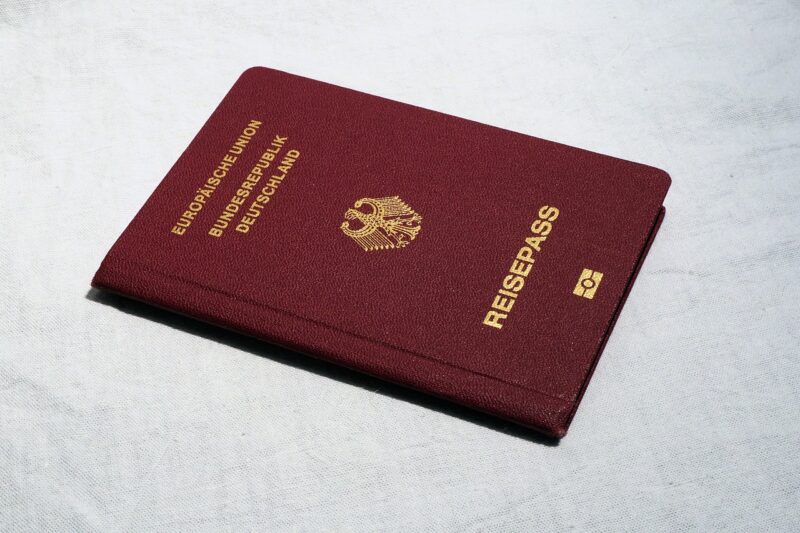How Famous Historical Documents Changed the World and Shaped Modern Governments
November 17, 2024

Throughout history, certain documents have emerged as powerful forces that shaped societies and influenced the governance structures we recognize today. These documents not only defined the legal frameworks of their time but also left a lasting legacy that affects contemporary governance and individual rights. In this article, we will explore notable historical documents and the profound impact they have had on the world, focusing on their roles in shaping modern governments.
1. The Magna Carta: The Birth of Constitutional Law
The Magna Carta, signed in 1215, is often heralded as one of the cornerstones of modern democracy. This document emerged from a growing discontent among the English nobles against King John’s tyrannical rule. The Magna Carta imposed limits on royal power and established the principle that everyone, including the king, was subject to the law.
Key impacts of the Magna Carta include:
- Legal Representation: It asserted the right to lawful judgment, laying the foundation for the right to a fair trial.
- Checks and Balances: The idea of limiting governmental power influenced future constitutional developments worldwide.
- Human Rights: It highlighted the importance of individual rights and liberties, a concept echoed in future documents like the US Constitution.
The legacy of the Magna Carta continues to resonate, influencing democratic movements and legal systems across the globe.
2. The Declaration of Independence: A Blueprint for Freedom
Adopted in 1776, the Declaration of Independence marked the American colonies’ assertion of their right to self-governance and independence from British rule. This document articulated ideals of liberty, equality, and the concept that governments derive their power from the consent of the governed.
Key aspects of the Declaration of Independence include:
- Life, Liberty, and the Pursuit of Happiness: These fundamental rights became the bedrock of not only the United States but also inspired countless movements worldwide advocating for human rights.
- Popular Sovereignty: The principle that government should reflect the will of the people is a central tenet of democratic governance that continues to shape modern political systems.
- Influence on Global Movements: Its ideals spurred revolutions and independence movements, spreading the concepts of democracy and human rights across the globe.
The Declaration of Independence not only established the United States as a sovereign nation but also provided a powerful model for other nations seeking freedom.
3. The Constitution of the United States: A Framework for Governance
Ratified in 1788, the US Constitution is one of the oldest written national constitutions still in use. It established America’s national government and fundamental laws while guaranteeing certain basic rights for its citizens. Its resilience and adaptability have made it a lasting document that governs modern American life.
Crucial elements of the Constitution include:
- Separation of Powers: The division of government into three branches (executive, legislative, and judicial) is designed to prevent the concentration of power and protect democratic governance.
- Bill of Rights: The first ten amendments outline the rights of individuals and limit the government’s power, reinforcing the relationship between the state and its citizens.
- Amendment Process: The ability to amend the Constitution allows it to evolve with society while preserving its fundamental principles, a feature admired and adopted by many nations worldwide.
The US Constitution has served as a model for other countries drafting their own constitutions, influencing the trajectory of democratic governance globally.
4. The Declaration of the Rights of Man and of the Citizen: Revolutionary Ideals of Liberty
Adopted during the French Revolution in 1789, the Declaration of the Rights of Man and of the Citizen articulated fundamental rights based on Enlightenment principles, emphasizing liberty, equality, and fraternity. This document became a fundamental text for human rights and democratic ideals in France and beyond.
Significant impacts include:
- Human Rights Framework: It laid the groundwork for modern human rights charters and international laws protecting individual freedoms globally.
- Influence on Other Revolutions: The document inspired movements for change in various nations, promoting concepts of democracy and civil rights in Europe and the Americas.
- Foundation for French Republicanism: The principles outlined were foundational in forming modern French republican governance and executing democratic reforms.
This document represents one of the earliest attempts to safeguard individual rights against the abuses of state power, a theme that remains relevant today.
5. The Universal Declaration of Human Rights: Global Standards for Equality
Adopted by the United Nations General Assembly in 1948, the Universal Declaration of Human Rights is a pivotal document that outlines the inalienable rights of every person, regardless of nationality, ethnicity, or any other status. This declaration has set global standards for individual rights since its inception.
Key contributions of the Universal Declaration of Human Rights include:
- Global Human Rights Framework: By establishing universal standards, it serves as a benchmark for nations to aspire to and measure their own human rights practices.
- Influence on National Laws: Many countries have incorporated principles from this declaration into their constitutions and legal frameworks, fostering respect for human rights.
- Inspiration for Activism: It has inspired countless movements for justice and equality, empowering individuals and groups to demand their rights and those of others.
The Universal Declaration continues to resonate today, supporting the fight against oppression and advocating for human dignity worldwide.
Conclusion: The Enduring Legacy of Historical Documents
Historical documents have profoundly influenced the formation of modern governments and the rights of individuals around the world. From the Magna Carta to the Universal Declaration of Human Rights, each document has played a crucial role in shaping societal norms, promoting democracy, and ensuring that governments remain accountable to their citizens.
As we navigate complex social, political, and economic challenges in contemporary society, the lessons and principles enshrined in these documents serve as a guiding light for future governance and human rights advocacy. By understanding the historical significance of these texts, we can appreciate the journeys that led us to our current systems of government and continue the push for equality and justice for all.
Ultimately, the relevance of these historical documents reminds us that the fight for rights and freedoms is an ongoing journey, one that requires vigilance, advocacy, and an unwavering commitment to uphold the ideals that these documents represent.







